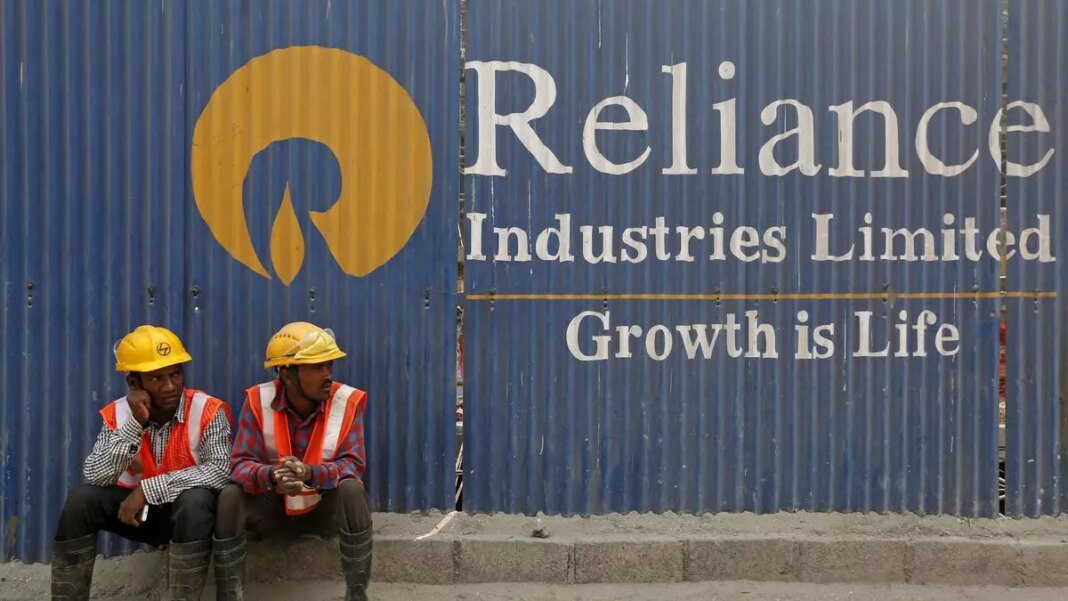In Short:
Reliance Industries Ltd wants access to pipelines and storage facilities owned by public sector oil companies to increase its share in supplying jet fuel to busy airports in Asia. The firm produces a fourth of India’s aviation fuel but has limited access to pipelines compared to State-owned firms. Reliance suggests the need for common carrier pipelines to promote competition, reduce costs, and increase efficiency in fuel transportation.
Reliance Industries Seeks Access to Public Sector Oil Companies’ Pipelines and Storages for Jet Fuel Trade
Reliance Industries Ltd is looking to expand its presence in the fuel trade market at some of Asia’s busiest airports. The company, which produces a fourth of India’s aviation turbine fuel (ATF), has requested access to pipelines and storage depots built by public sector oil companies over the years.
Access to Key Locations
Reliance is specifically targeting access to storage depots outside the Delhi airport, as well as pipelines leading to airports in Mumbai, Bengaluru, and Hyderabad. Currently, the company’s ATF supply volumes are relatively small compared to State-owned firms.
Promoting Competition
The company’s suggestion was made in response to oil regulator PNGRB’s draft regulation, which aims to open up ATF supply at all existing and future airports through accessible pipelines. This move is intended to introduce competition in the market and reduce fuel costs.
ATF Demand on the Rise
India’s ATF demand is growing rapidly due to an increase in air travel, with a significant 11.8% rise in the fiscal year ended March 31, 2024.
Enhancing Infrastructure
Reliance is advocating for off-site ATF storage facilities to be declared as common user facilities, allowing other suppliers and airlines to access and utilize them efficiently. The company has also proposed tie-in connections and increased capacities for pipelines serving airports in Mumbai, Bengaluru, Hyderabad, Kochi, Lucknow, and more.
Promoting Efficiency and Competition
According to Reliance, pipelines are a cost-effective and safe mode of bulk transportation, which, if utilized optimally, can benefit both airline companies and passengers through reduced fuel costs. The move towards open access pipelines is expected to foster competition and compliance with industry standards.
Regulatory Support
The Petroleum and Natural Gas Regulatory Board (PNGRB) has invited comments on the proposal to expand ATF pipelines connecting various airports, emphasizing the role of pipelines in reducing air travel costs and promoting competitiveness within the industry.
Overall, Reliance’s efforts are geared towards enhancing efficiency, promoting competition, and ultimately benefiting the fuel trade market and air travel industry in India.





